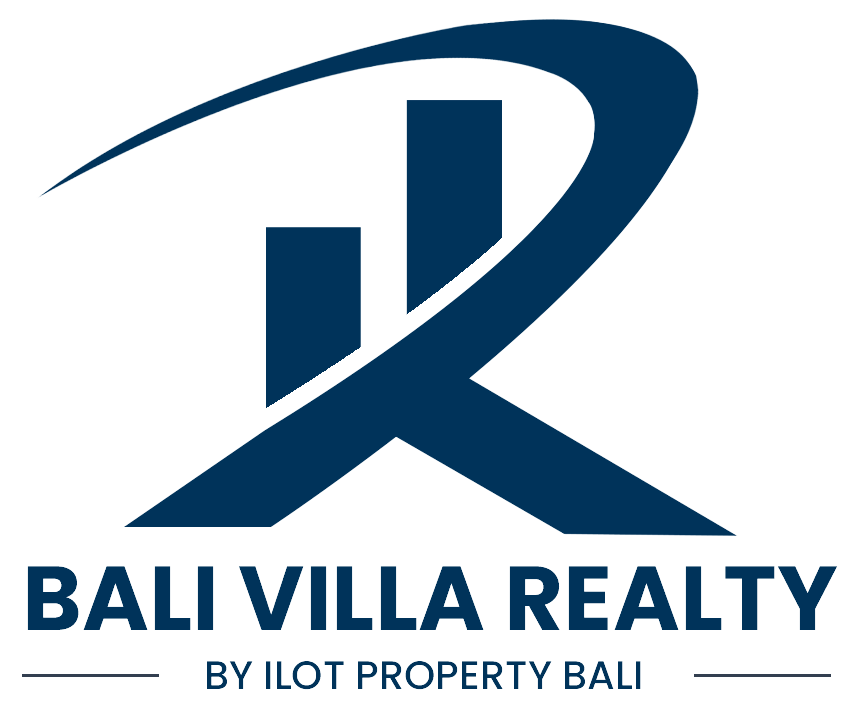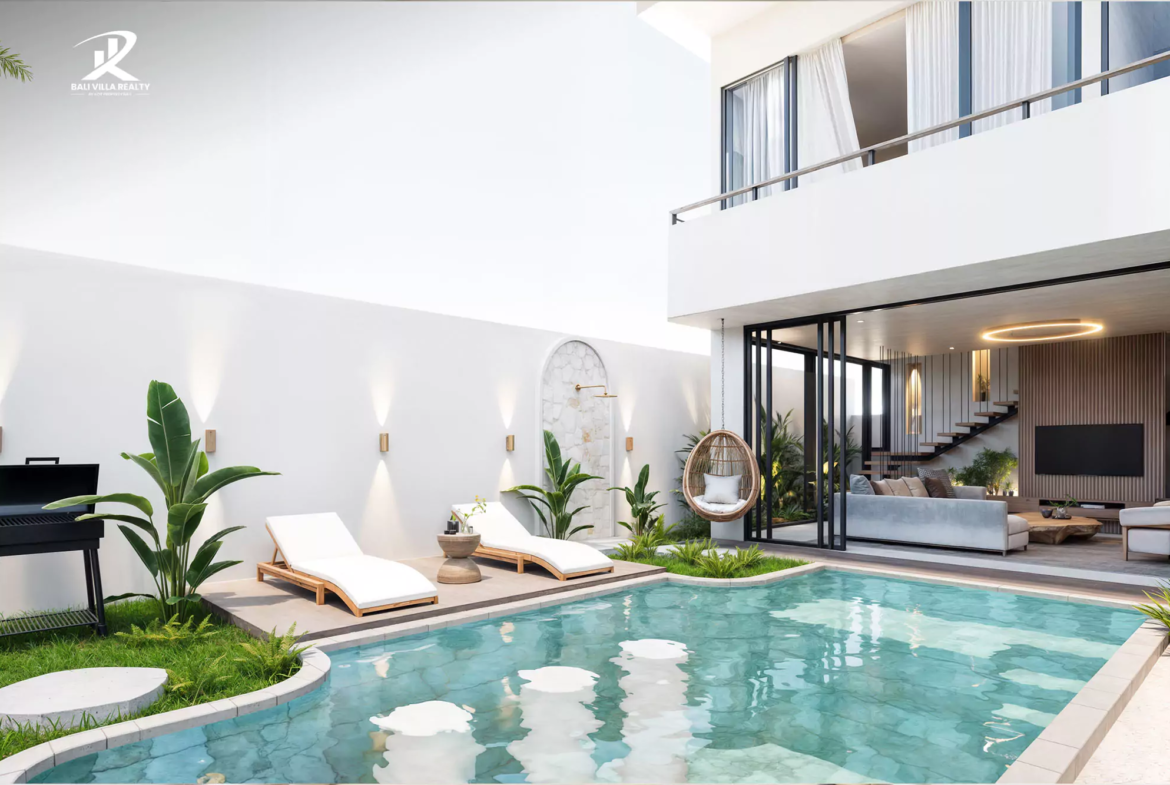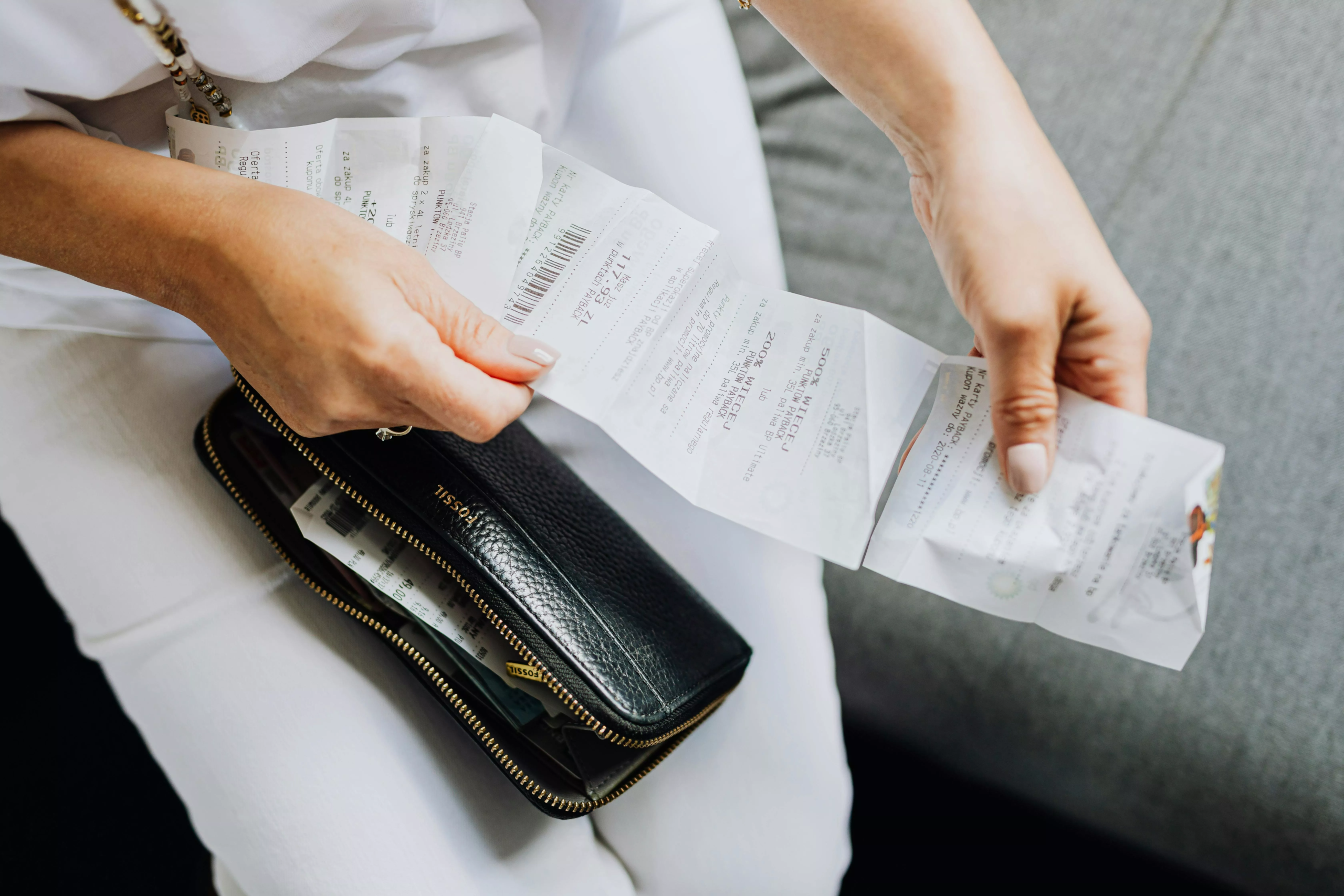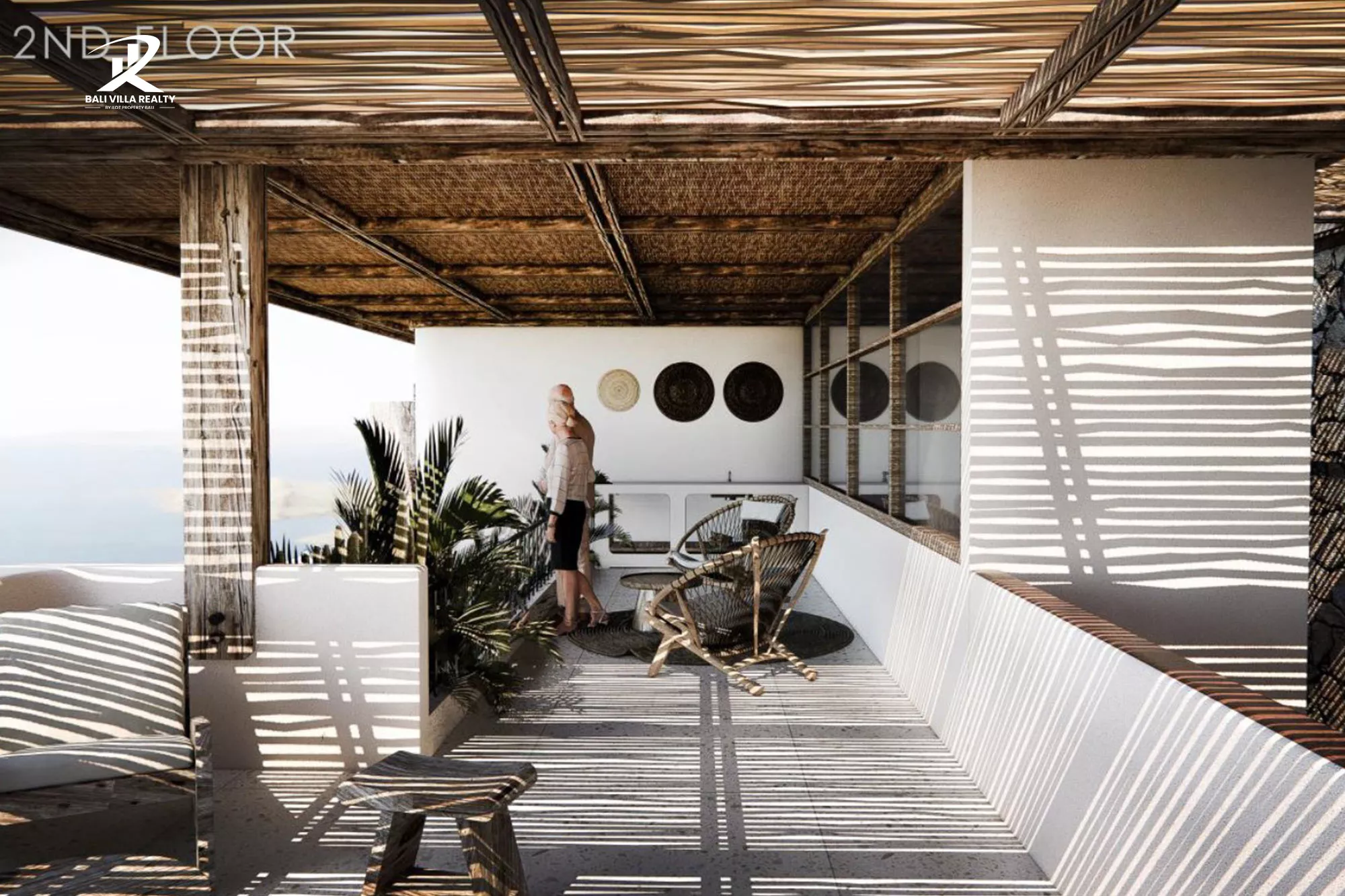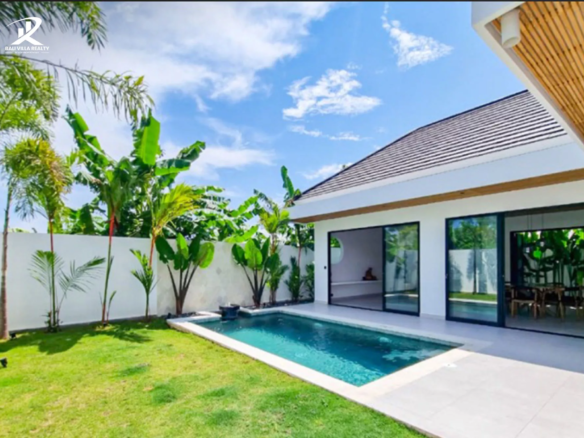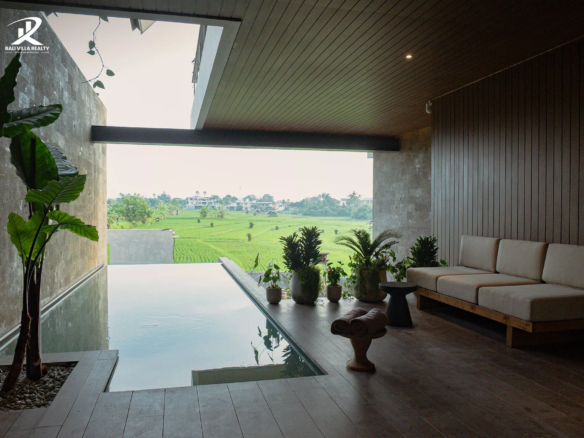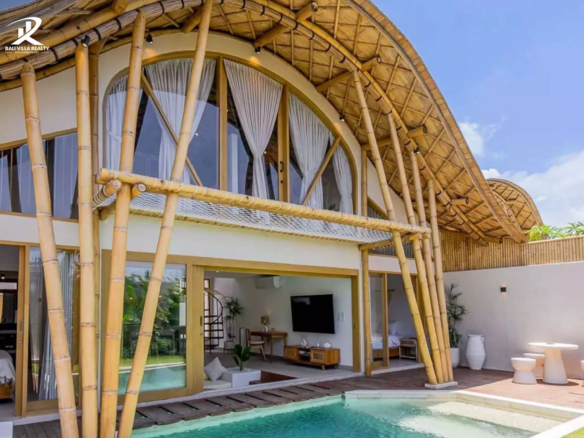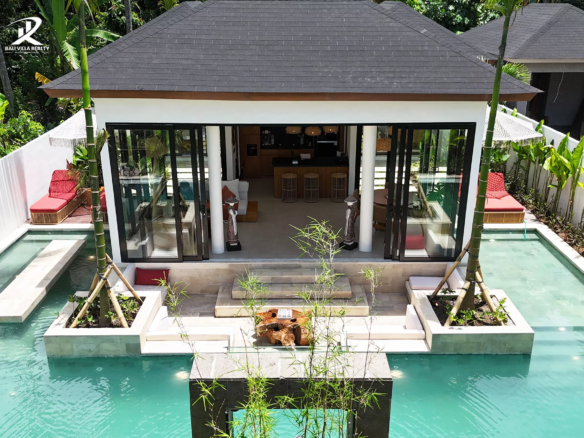Key Takeaways
- Foreigners cannot own a freehold in Indonesia, but they can legally invest through Leasehold (Hak Sewa), Right to Use (Hak Pakai), or PT PMA.
- Each ownership structure has different usage rights, duration, and limitations, with leasehold being the most common for investors, and HGB best suited for commercial development.
- Buying a villa requires legal verification, notary/PPAT involvement, and awareness of taxes & zoning regulations to ensure safe transactions and avoid illegal ownership risks.
- Working with trusted real estate and legal professionals makes the purchase process smoother, safer, and more profitable for foreign buyers in Bali.
Buying property in Bali is a dream for many foreigners. Some want a holiday home. Others want to retire. Many are looking for rental income and long-term profit.
But Indonesia has very specific property laws. If you don’t understand them, you can make expensive mistakes.
This guide explains how foreigners can buy property in Bali legally (villa and land), including what is allowed, what is not, and how to invest safely.

Can Foreigners Buy Property in Bali? Understanding Indonesian Property Rules
According to Indonesian Law No. 5 of 1960 (The Basic Agrarian Law), Hak Milik or Freehold Title is only for Indonesian citizens.
But that does not mean foreigners cannot invest in property. The key is understanding the difference between "owning land" and "owning the right to use or build on land".
For non-Indonesians, the available options include:
- Leasehold (Hak Sewa)
- Right to Use (Hak Pakai)
- Right to Build (Hak Guna Bangunan / HGB)
So, foreigners usually obtain rights to use the land or to build on it, depending on what they need.
Legal Ways Foreigners Can Own Property in Bali
This is the most important part of this guide. Foreigners can buy villas or land legally using approved structures as follows:
1. Hak Pakai (Right to Use)
Hak Pakai is one of the safest options for individuals. This right lets foreigners legally use land or property, own a residential building, and live there long term.
The initial duration of Hak Pakai is commonly 30 years (extendable).
Best for:
- Residential villas
- Retirement homes
- Personal use property
Key Rules:
- A foreigner (or foreign family) is generally allowed only one Hak Pakai property for personal living. While leasehold has no limitation.
- A minimum property value requirement, which varies by region. In Bali, this usually falls between IDR 2–5 billion (around USD $130,000 - $325,000).
- Hak Pakai can be applied to State-owned land or to freehold (Hak Milik) land that gets converted into Hak Pakai.
- Foreigners can use Hak Pakai to build a villa on vacant land (except for strata-title apartments, where the building typically must already exist).
Requirement:
- Hold a valid residency permit such as KITAS or KITAP, or,
- Have a qualifying special visa, such as an Investor KITAS or the Second Home Visa
Pros and Cons:
| ✅ Pros | ❌ Cons |
| ✅ Stronger and more secure than leasehold. | ❌ Mainly for personal residential use, not commercial activity. |
| ✅ Fully registered under the foreigner’s name. | ❌ Limited to one property per foreigner or foreign family. |
| ✅ Can be inherited by eligible beneficiaries. | ❌ Must meet minimum property value requirements. |
| ✅ Can be transferred to another eligible foreigner. | — |
| ✅ Can be sold back to an Indonesian, who may convert it back to freehold. | — |
2. Buying Property Through a PT PMA
A PT PMA is a foreign-owned company registered in Indonesia. Many investors use this structure because it allows them to legally run a business in Bali and earn profits.
A PT PMA can hold Hak Guna Bangunan (HGB – right to build) and, in some cases, Hak Pakai or Right to Use (see Key rules).
You can find the step-by-step guide to establishing a PT PMA here.
Best for: People who want to buy a villa in Bali for long-term investment, run rental properties, or own commercial buildings.
Key rules:
- HGB is not freehold (even though it offers rights that feel similar to freehold ownership, it is still a time-limited title). That said, HGB is a strong and widely used title for property investment in Bali.
- Hak Pakai is only granted to a PT PMA under the following conditions:
- The property is used as a place to live, not solely for commercial rental purposes.
- The land or building qualifies as residential property.
- The intended use complies with government regulations for foreign residence.
- The local zoning allows residential use.
- The relevant authority approves Hak Pakai instead of HGB.
Pros and Cons:
| ✅ Pros | ❌ Cons |
|---|---|
| ✅ Gives companies full authority to design and construct buildings according to their project goals. | ❌ Requires ongoing professional management to ensure the land and building remain compliant. |
| ✅ Provides stronger legal certainty for long-term commercial planning. | ❌ Can be more expensive to maintain due to corporate operational costs. |
| ✅ Allows projects to access bank financing using HGB as collateral. | ❌ Renewal processes may involve additional evaluations and approvals. |
| ✅ Offers flexibility to sell or transfer the development to another eligible company. | ❌ Any changes to project purpose may require new permits or updated approvals. |
| ✅ Enables developers to scale up (e.g., multiple villas, resort expansions) under one corporate structure. | ❌ Administrative mistakes—like late filings—can affect future extensions. |
Read More: Building Permits in Bali that You Need to Ensure Your Villa Stay Legal
Leasehold (Hak Sewa)

Leasehold (Hak Sewa) is very common in Bali.
Most leases in Bali start at 25–30 years, and from our experience, this range is a sweet spot for investors.
Lease terms can often be extended up to 80–99 years, depending on the owner’s consent and the terms of the agreement.
Here’s how leasehold compares to the other property rights:
| Ownership Type | Legal Basis | What It Means in Simple Terms |
| Leasehold | Contract-based | You lease the land for a fixed period. You own the building, but not the land |
| Hak Pakai | Registered land right | A government-registered right that allows foreigners to use and live on the land legally |
| HGB (Hak Guna Bangunan) | Registered building right | A legal right (usually held by a PT PMA) to build, own, and use buildings on the land |
Still, many people think that leasehold is not worth it. In fact, leasehold can actually benefit you in several ways:
- Lower entry price compared to buying through a PT PMA
- Easier to find, both in emerging areas and high-return locations
- Suitable for short- to mid-term investments
- Easier to exit compared to other ownership structures
- Allows you to own and rent out multiple villas, which can generate higher returns (as long as you have the proper legal permits, such as a Pondok Wisata license)
Best For:
- Investors looking for a lower entry price and faster returns
- People who want to use their villa personally and legally rent it out when it’s not in use
Key Rules:
- Leasehold ownership is contract-based. The lease term (and extension term) must be clearly stated in the contract.
- The lease must specify usage rights, including rental rights.
- Zoning must allow the intended use (residential or tourism)
- Lease agreements should be notarized to ensure legal protection
Pros and Cons:
| ✅ Pros | ❌ Cons |
|---|---|
| ✅ Legal and safe for foreigners without needing to set up a company. | ❌ Property value decreases as the lease period shortens. |
| ✅ Lower entry cost than freehold, ideal for investors. | ❌ Extension terms vary and depend on negotiation with the landowner. |
| ✅ Easier to manage with the help of villa management service or real estate agent | ❌ Commercial rentals require permits, adding steps and costs. |
Read More: Freehold vs Leasehold Bali Property: Which One Is Better for Investors?
Foreigners Cannot Own Freehold Land (Hak Milik)
Freehold title means full ownership of the land—forever.
However, this type of ownership is only for Indonesian citizens as stated clearly in Undang-Undang Nomor 5 Tahun 1960 Pasal 21.
Foreigners only can hold rights that “feel like ownership”, such as the Right to Build (HGB) and the Right to Use (Hak Pakai).
In some cases, expats attempt to use local nominee arrangements to control freehold property. While this may sound convenient, it is highly risky and can result in major legal problems.
| ✅ Pros | ❌ Cons |
|---|---|
| ✅ Strongest and most absolute land ownership right in Indonesia. | ❌ Any foreign involvement requires additional legal structures, which may cost more and more complex. |
| ✅ Can be sold, transferred, gifted, or inherited without restrictions (among Indonesian) | ❌ Converting a freehold property for foreign use has a high risk |
| ✅ Offers full control over how the land is used within zoning rules. | — |
| ✅ Highly attractive for long-term generational ownership. | — |
Read More: New Regulations Are Changing How You Buy Property in Bali
Land Ownership in Bali
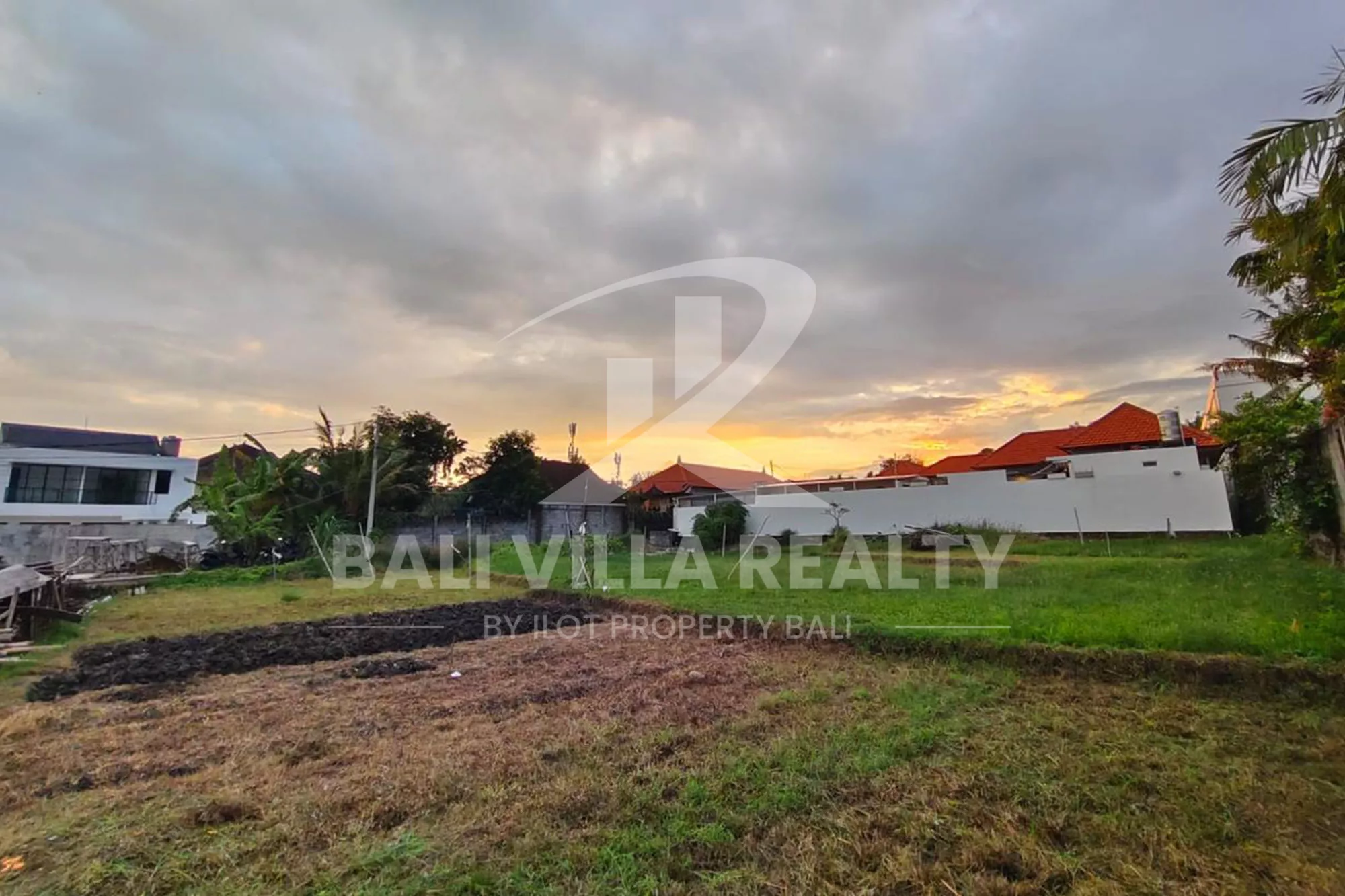
Indonesia actually has seven types of land rights. But just like villas, expats can only buy land in Bali through leasehold, Right to Build (HGB), or Right to Use (Hak Pakai).
Primary Land Titles
- Freehold (Hak Milik): The highest and most complete ownership right in Indonesia, comparable to freehold property in other countries.
- Leasehold (Hak Sewa): Gives the right to occupy and use land or buildings for a set period under a rental agreement.
- Right to Build (Hak Guna Bangunan or HGB): Allows the holder to construct and own buildings on land owned by someone else.
- Right of Use (Hak Pakai or HP): Gives the holder the right to use land for specific purposes, such as residential or commercial use.
- Right to Cultivate (Hak Guna Usaha or HGU): Provides the right to cultivate land for agricultural, fishery, or livestock activities.
Other Land Titles
- Right to Manage (Hak Pengelolaan or HPL): A management right granted over state-owned land for specific uses, typically managed by government institutions or appointed organizations.
- Strata Title (Hak Milik Atas Satuan Rumah Susun or HMSRS): Represents ownership of individual units within a multi-level building, such as an apartment complex, tied to the main land title where the structure stands.

Understanding the Bali Legal Experts: Notary (PPAT) and Property Lawyer

One of the most important figures in any property transaction in Bali is the land notary, officially known as a PPAT (Pejabat Pembuat Akta Tanah).
A PPAT is not just a standard notary. They are specifically authorized to prepare and legalize land deed documents, verify ownership, witness signatures, ensure compliance with local regulations, and handle the final registration process with the Land Office (BPN).
Not every notary is certified as a PPAT, so it’s essential to confirm that the notary you work with holds this qualification.
In rural areas where a PPAT may not be available, a designated district official can temporarily take on this role.
Alongside this, working with a property lawyer is highly recommended. Their job is to conduct due diligence, review legal risks, and make sure your rights as a buyer are fully protected from start to finish.
Read More: How to Find Good Notary Services in Bali for Foreigners
Step-by-Step: How Foreigners Should Buy Property in Bali
1. Decide What Type of Property You Want and Set Your Budget
Start by clearly defining your goal. Ask yourself:
- Do you want a villa, apartment, or commercial property?
- Is the property for personal use, rental income, or long-term investment?
- What is your realistic budget, including taxes, legal fees, and permits?
This step helps avoid wasting time on properties that don’t match your needs or financial limits.
Read More: Cost of Property in Bali: What You Need to Know (2025)
2. Prepare Your Financing in Advance
This step is crucial. A clear financing plan helps avoid delays and failed transactions later.
Many foreign buyers use cash or overseas transfers, but some Indonesian banks also offer mortgages for expats. The requirements vary, and interest rates, loan amounts, and eligibility depend on your visa status and income.
3. Set Up the Correct Legal Structure
If you want to own property under your name legally for investment or rental purposes, setting up a PT PMA (foreign-owned company) is often essential. This step should be done before signing any property agreements.
4. Work Closely with a Trusted Real Estate Agent
A knowledgeable real estate agent is very important in Indonesia. Your agent will help you:
- Shortlist properties that match your budget and goals
- Filter out properties with legal or zoning issues
- Understand market pricing and rental potential
A good agent saves you time and reduces risk. Bali Villa Realty helps you invest in Bali with confidence and peace of mind.
At Bali Villa Realty, we provide services tailored specifically to expats and investors:
- Curated Property Listings: Villas for sale and rent, in prime Bali locations like Canggu, Seminyak, Ubud, and Bukit.
- Legal Guidance: Assistance with leasehold, freehold alternatives (PT PMA, Hak Pakai), and compliance with Indonesian law.
- Investment Advisory: ROI projections, rental yield insights, and recommendations for profitable areas.
- End-to-End Support: From property tours to negotiations, contracts, and even post-purchase management.
Get your FREE Bali investment plan here

Get a Customized Investment Plan in Bali
With over 15+ years in the market, here’s what we can do for you:
- Find the best location to invest in Bali.
- Reliable guidance on Bali’s property market and laws.
- Personalized strategy to maximize returns and meet your financial goals.
5. Negotiate the Price and Terms
Once you find the right property, the next step is negotiation. Negotiation is very common in Indonesia, especially for off-plan developments and resale properties.
This usually includes agreeing on the purchase price, setting the payment schedule, and confirming what is included in the deal, such as furniture, permits, and handover timing.
6. Get Legal Professionals to Review the Contract
Never sign any agreement without legal review. This step is essential to avoid costly legal issues later.
A qualified legal professional or notary should draft or carefully review the sale and purchase agreement, confirm the ownership structure and title type, and make sure the contract protects your rights as a foreign buyer.
7. Pay the Agreed Deposit to Secure the Property
After the contract has been reviewed and approved, you will pay a deposit, usually a percentage of the purchase price. This secures the property and removes it from the market.
The deposit amount, payment terms, and conditions should be clearly stated in the agreement. Always use legal and traceable payment channels.
8. Complete Payment and Transfer the Title Correctly
The final step is completing the transaction.
This includes making all remaining payments according to the agreement, ensuring the property title is transferred correctly, and registering ownership under your PT PMA or other approved structure.
The notary will also update land records and relevant permits with the land office (BPN). Once this process is complete, the property is legally yours under Indonesian law.
Property Investment Common Mistakes that You Should Avoid

- Using a Local Nominee to Hold Land: Placing property under an Indonesian individual’s name to bypass ownership laws is illegal and extremely risky. Even with agreements, the property legally belongs to the nominee, so you have no enforceable ownership or protection.
- Skipping Proper Legal & Title Checks: This leaves buyers vulnerable to fake certificates, unclear ownership history, or land disputes.
- Assuming Leasehold Is Unsafe: Some people still thinks leasehold is unsafe. In fact, leasehold is a completely legal and secure structure for foreigners when drafted properly.
- Building Without Required Permits: Constructing a villa without proper building approvals (PBG/IMB, SLF) or renting it out without a Pondok Wisata/Hotel License can lead to shutdowns, fines, or forced demolition.
- Ignoring Zoning Restrictions: Not all land can be developed. Areas classified as sacred, agricultural, or community-owned (banjar land) may be protected. Building there can result in community conflict and legal action.
- Believing “No One Will Check”: Inspections do happen. Illegal ownership structures, unlicensed rentals, or zoning violations have resulted in fines, deportations, and property seizures — such as cases recently seen in Bingin.
Read More: Is Bali a Safe Place to Live? 5 Tips for Risk-Free Villa Purchase in Bali
Conclusion
While freehold (full ownership) is only available to Indonesian citizens, foreigners can still legally invest in property through leasehold or PT PMA.
Remember to work with a trusted real estate agent that has an in-house legal team, like Bali Villa Realty, to ensure a smoother process and a safe, compliant purchase.
Still have questions? Feel free to ask our agent anytime—completely free and with no strings attached.
Want to start investing in Bali property?
Have a quick chat with our real estate experts for personalized advice on your Bali investments. No commitment required.
FAQ
Yes, property investment in Bali can be very rewarding. The island sees steady demand, especially for rentals, which means owners can earn strong returns.
That depends on the location and type of property. Some regions like Tabanan or Seseh are still relatively budget-friendly, but hotspots like Canggu and Seminyak are becoming more expensive.
Villa prices vary depending on the area, demand, and available facilities. For example, villas in Kuta start at around $300,000; villa in Seminyak can cost about $500,000; while similar homes in Ubud average around $250,000.
Yes, buying a villa in Bali comes with taxes. You’ll need to pay a one-time Property Acquisition Tax (BPHTB), usually around 5% of the transaction value (varies by region and property assessment). There may also be ongoing Land and Building Tax (PBB).
